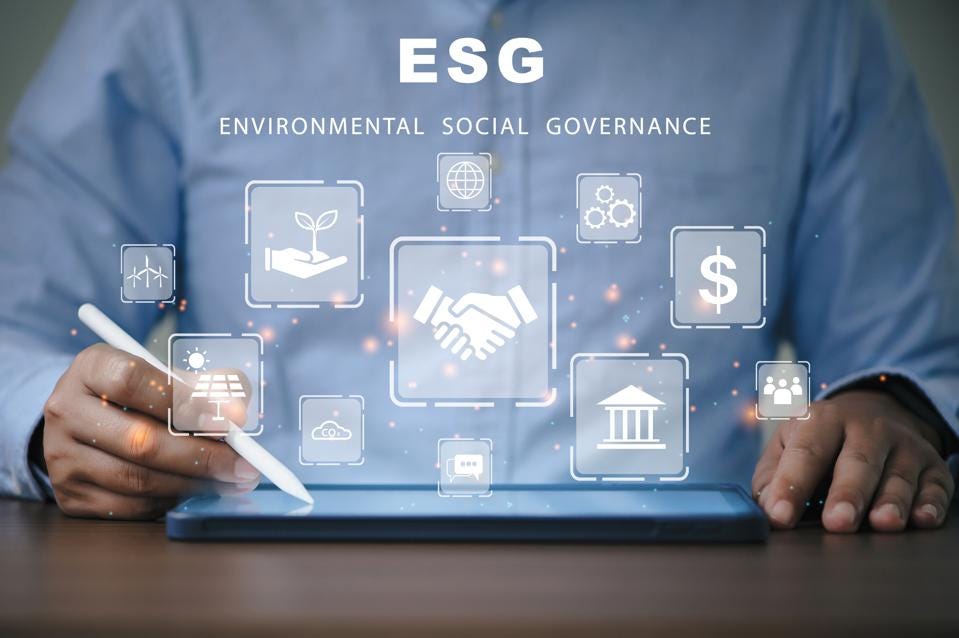Table of Contents
If you’re a stock market investor, you should know what ESG stands for Environmental, social, and governance. These factors affect a company’s reputation, reduce the risk of government action, and improve investment returns. Here are some ways to evaluate a company’s ESG performance. Read on to learn more. Also, keep an eye out for these tips to improve your ESG scores.
Environmental, Social, & Governance Factors
What does ESG stand for? ESG is an acronym that stands for Environmental, Social, and Governance. Investors increasingly use non-financial elements as part of their analytical process to uncover significant hazards and growth prospects. Environmental, Social, and Governance (ESG) refer to three critical factors when evaluating a company’s sustainability and ethical impact. It is commonly used in capital markets to assess the performance of companies, and most socially responsible investors will use it to screen investments. ESG factors include corporate accountability, environmental sustainability, and government issues. Insurers interested in investing responsibly should embed these factors in their decision-making processes.
Environmental factors may include a company’s greenhouse gas emissions, energy-efficient operations, and other aspects. Social factors might involve issues related to human rights, labor standards in the supply chain, and workplace safety. Finally, governance factors may focus on how a company is run, its transparency, ethics, and how shareholders are treated. These factors can be measured as part of a company’s sustainability strategy and will help investors make better decisions about investing in a company.
Contributes To Company Reputation
What Contributes to Company Reputation? According to a recent Weber Shandwick report, more than 63% of global CEOs believe that company reputation determines the company’s market value. This suggests that companies must become hyper-vigilant about what contributes to the company’s reputation. Listed below are the most critical factors in determining a company’s reputation. They are also vital to maintaining a positive corporate image.
Reduces Risk Of Adverse Government Action
Legislative risk refers to the tentative relationship between businesses and governments. It can come in many forms: new regulations, specific taxes, subsidies, and antitrust suits. Every company is susceptible to some level of legislative risk.
Enhances Investment Returns
Increasingly, institutional investors consider ESG an integral part of their overall investment strategy. However, while ESG has traditionally been used to identify better long-term returns for investors, the era of climate change and increasing complexity are forcing a new approach. With increasing volatility and complexity, a growing global health crisis, a climate emergency, and persistent inequality, addressing these issues have become a top priority.
ESG analysis has grown in importance as a component of the investing process. A primary motive for investment professionals to examine environmental, social, and governance (ESG) concerns as part of their financial research is to obtain a better knowledge of the firms in which they invest.
The investment approach to ESG is increasingly popular as a means of diversification. Many factors include size, value, momentum, low volatility, and quality. In recent years, ESG challenged market, rate, and momentum risk factors as an investment approach. The study concluded that ESG investments are better diversifiers than passive strategies in the Eurozone and North America.





No Comments